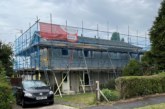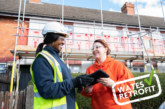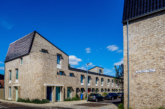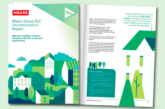Leeds City Council is leading a partnership of expert organisations in carrying out a feasibility study into the development of an innovative methodology for deploying domestic heat pumps at a high-density within urban communities, in line with the UK Government’s ambition of installing 600,000 heat pumps a year by 2028.
In 2021, approximately 85% of UK domestic heating was provided through networked gas. This is not compatible with a net zero future and the way we heat our homes has to change dramatically. Heat pumps produce no carbon emissions or harmful air pollution. Achieving their rapid installation in domestic homes on a mass scale is a technical, logistical, financial and social challenge that the project aims to tackle.
The Renewable Heat Infrastructure Network Operating System (RHINOS) project is part of the Heat Pump Ready Programme Stream 1, Phase 1, funded by BEIS through its £1 billion Net Zero Innovation Portfolio (NZIP), which aims to accelerate the commercialisation of innovative clean energy technologies and processes through the 2020s and 2030s.
Phase 1 of Stream 1 is a paid £200k feasibility study to support their application into Phase 2, which if successful would see the trial of their innovative methodology as part of a project up to £9m. The Heat Pump Ready projects will focus on street-by-street installations of heat pump technology in high-density urban areas, like Leeds, in an effort to demonstrate a tangible pathway for a rapid transition to renewable energy that can be rolled out across other areas of the UK.
Leeds City Council is committed to making Leeds carbon neutral by 2030 through building sustainable infrastructure, helping residents reduce their carbon footprints and reducing the levels of greenhouse gas emissions from buildings in the city. The RHINOS Project will bring together the very best partners to explore and create the conditions that will enable the council to deliver on its strong commitment to decarbonisation.
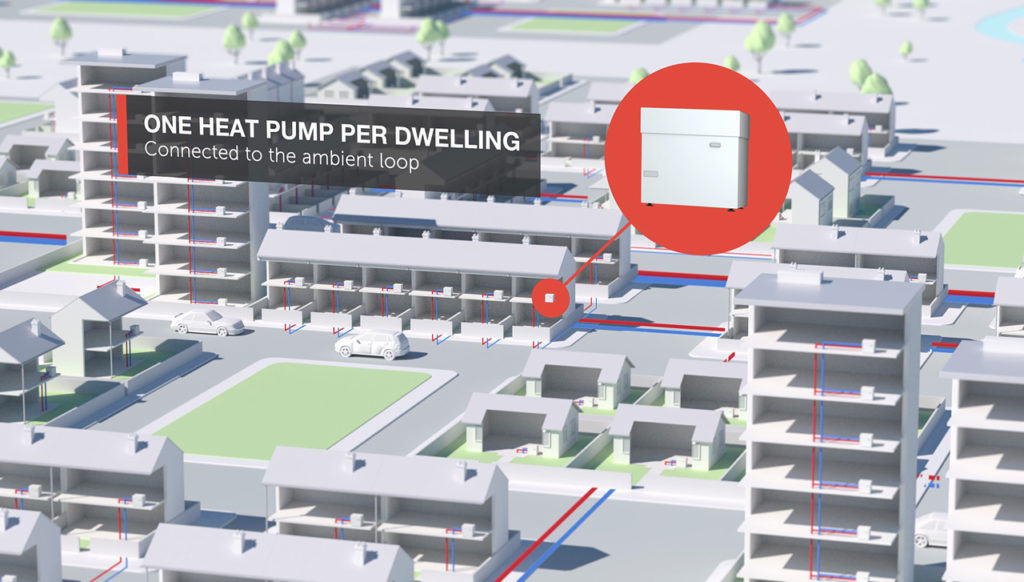
The partnership, led by Leeds City Council, consists of Arup, Kensa Contracting Ltd, Parity Projects, University of Leeds, Leeds Sustainability Institute, Otley Energy, Legal & General, Northern Powergrid, and IRT Surveys Ltd. The aim of bringing all these organisations together is to develop and strengthen partnerships between all stakeholders, several of whom are already involved in cutting-edge retrofit project developments in Leeds, to provide innovative solutions to aid the heat decarbonisation transition.
Low carbon projects are often demonstrated in social housing, the result being rows of renovated properties broken up by private households that weren’t able to take part. The area selected in the city of Leeds for the potential deployment of heat pumps are private homes currently on the gas network and made up of a wide range of house types, including a large number of older and densely-packed Victorian terraced properties.
Councillor Helen Hayden, Leeds City Council Executive Member for Infrastructure and Climate said: “I’m delighted that this innovative project is happening here in Leeds. Heating and powering our homes produces roughly a quarter of the city’s carbon footprint, so anything that we can do to warm our homes in a better and greener way will make a big difference.
“Leeds is already enjoying the benefits of low carbon heat pumps in dozens of our schools and council buildings and therefore it is fantastic that this project aims to help unleash this technology in our urban communities too.
“With global gas prices continuing to rise and the planet heating up, projects like this one have never felt more important.”
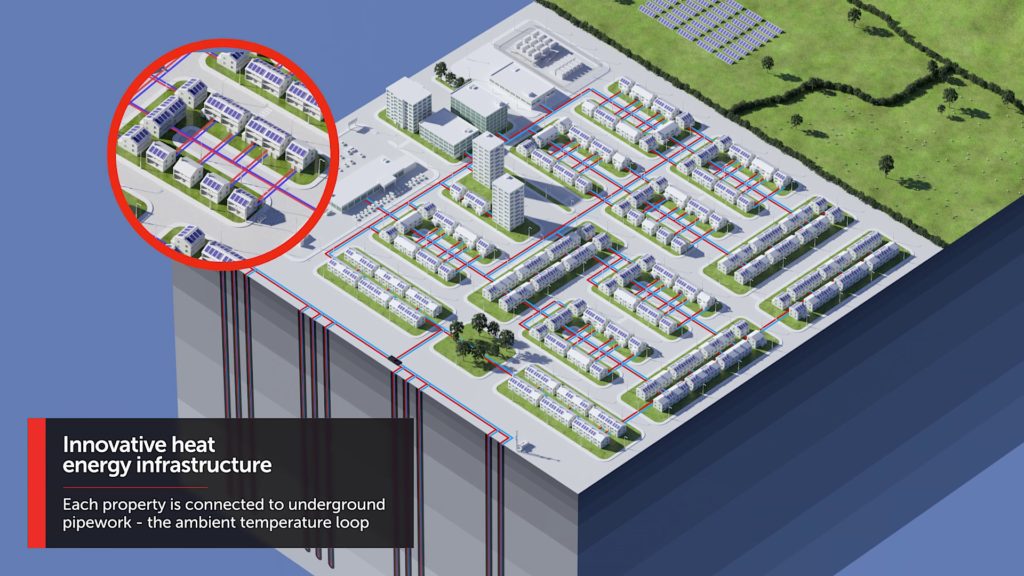
James Standley, COO of Kensa Group, commented: “It is a very exciting opportunity to have some of the best possible stakeholders join together to develop viable methodology for high density, domestic, heat pump deployment that is replicable across the UK to deliver Net Zero Carbon heat.
“Over the next few years, heat pumps will completely change how we heat our homes, but how do we approach the market who have been using networked gas for generations to engage them with a new solution? Our aim is to understand the needs of consumers within Leeds and to enable consumers to be offered the appropriate value propositions and customer journey to enable trialling of the most viable solutions.”
Mark Neller, UKIMEA Energy Leader at Arup, said: “We are very pleased to be continuing our work supporting the decarbonisation of the housing in Leeds by bringing together and strengthening collaboration between the key partners and stakeholders as part of this exciting project focused on high-density domestic heat pump roll-out.
“Arup brings holistic engineering consulting expertise plus long-standing relationships with Leeds City Council and the other project contributors. Collectively, we aim to address the key challenges and promote as many of the benefits of a coordinated approach as possible whilst developing evidence-based and replicable solutions for scaled-up heat pump deployment.”
Header image shows top down aerial photo of the housing estates and suburban area of the town of Swarcliffe in Leeds West Yorkshire in the UK.



